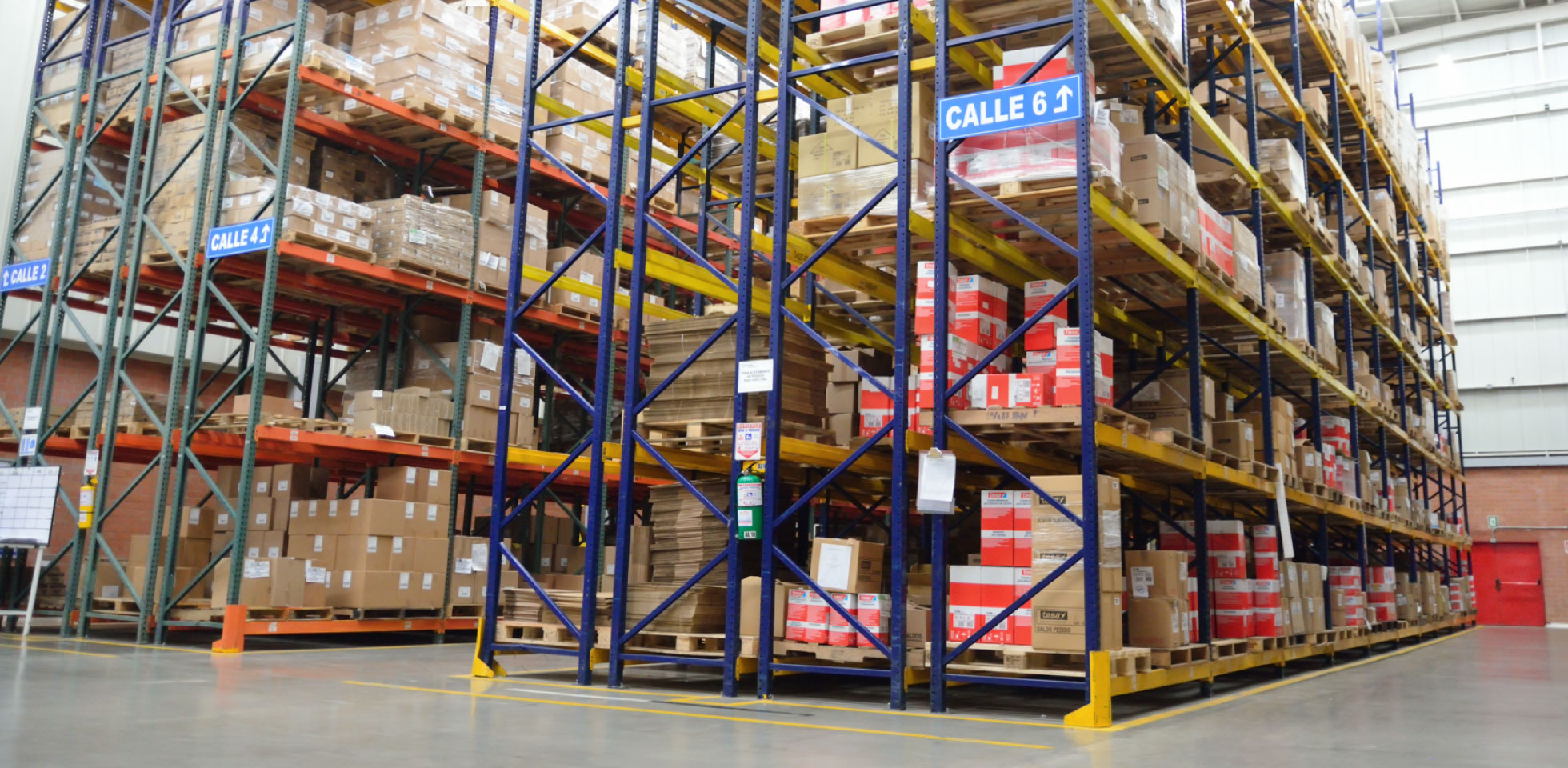The logistics sector has become one of the main engines of job creation in recent years worldwide. What is the reason for this boom and why are there so many job opportunities in this field? We tell you everything you need to know in this article.
Logistics as a source of employment in Latin America
The logistics sector plays a fundamental role in the Latin American economy, not only facilitating the movement of goods in and out of the region, but also generating a significant amount of employment, which contributes to economic growth and social development in the region. .
The role of the logistics sector in Latin America
Latin America is rich in natural resources and has a growing participation in international trade. The logistics sector, which includes activities such as transportation, warehousing, distribution and supply chain management, is essential to supporting this trade and ensuring that products reach their destination efficiently and safely.
Employment generation
One of the main contributions of the logistics sector in Latin America is the generation of employment. This sector employs a wide range of professionals, from truck drivers and warehouse operators to logistics and supply chain management specialists. These jobs are vital to the region's economy and provide job opportunities for millions of people.
Economic and Social Impact
The logistics sector not only contributes to the economic growth of Latin America, but also has a significant impact on social development. By providing employment to a large number of people, the logistics sector helps reduce the unemployment rate and improve the standard of living of local communities. Furthermore, by facilitating trade and the circulation of goods, the logistics sector fosters economic development throughout the region.
Shortage of professional logistics profiles
As logistics becomes more important, there are also shortages of certain specific profiles that are highly demanded by companies, such as operations directors, import/export managers, traffic managers, or stock management specialists.
This is due in part to the increase in e-commerce and new digital consumption habits, which require much more agile and flexible logistics. But it also influences the commitment of many companies to the digital transformation of their operations, using solutions such as artificial intelligence, big data, the internet of things, blockchain, etc.
In short, the logistics sector is in constant evolution and requires professionals updated in the latest technological trends to be able to successfully implement the strategies of companies.
Importance of Specialized Training
Given this high demand for qualified personnel, having a solid specialized training in logistics becomes a key advantage to access the abundant job opportunities in the sector.
Experts recommend opting for regulated and approved higher studies that provide both updated theoretical and practical knowledge.
Some of the main areas that these programs usually cover are:
- Supply Chain Management
- Procurement and Production Logistics
- Transportation and Distribution
- International Logistics
- Customs Management
- Security in the Logistics
- Chain Warehouse Management
- Stock Management
- Purchasing and Procurement
- Digital Transformation Applied to Logistics
Mastering these areas allows you to perform in most of the technical and managerial positions currently demanded by companies in the sector.
In addition, training usually also includes the development of key soft skills such as teamwork, communication, problem-solving, or project management.
And of course, it is important that it combines theoretical concepts with their practical application in real situations, through simulations, case analysis, company projects, etc.
Most Demanded Professional Profiles
Among the most requested positions in the last year within the logistics sector, the following stand out according to the previously mentioned EPA report:
- Logistics Operations Director
- Supply Chain Director
- Import and Export Director
- Purchasing and Procurement Specialist
- Traffic Manager
- Warehouse and Stocks Manager
- Warehouse Worker
- Forklift Operator
The demand for these profiles far exceeds the availability of trained professionals, so it is considered that the logistics sector in Spain has already reached full employment.
Professional Opportunities After Specialized
Training Once a specialized higher training in logistics is successfully completed, a wide range of professional opportunities opens up:
According to data from the European Union, you can access both intermediate positions (managers and technicians) and executive and strategic positions.
Salaries also vary quite a bit depending on responsibility:
For intermediate managers, it is usual to find salary bands between 20,000 and 40,000 gross euros per year.
In the case of logistics directors and managers, it is common to exceed 35,000 euros per year, possibly reaching 80,000 or 90,000 in large companies.
And it is that practically all economic sectors require these specialties: manufacturing, retail, food, automotive, energy, consulting, biotechnology, etc, all of them need experts in the efficient management of their supply chains.
Therefore, getting a good education in logistics not only opens the doors to finding a job, but also to being able to choose where and in what position to develop your career with very advantageous conditions.
Challenges and Opportunities
Experts agree that the growth of logistics will be unstoppable in the coming years due to:
- Increase in international trade of goods due to globalization
- Continuous expansion of e-commerce
- Greater awareness in sustainability: there will be a need to reduce environmental impact
- Generalization of technologies such as automation, autonomous vehicles, drones, etc.
These trends will bring new challenges for professionals, who will need to be able to:
- Optimize the logistics of the “last mile” in urban environments with the help of new technologies
- Coordinate increasingly long and complex supply chains
- Integrate advanced technological solutions such as AI, IoT, etc. into operations
- Ensure the sustainability of logistics activity
- Manage in international and multicultural environments (mastery of languages, interpersonal skills)
In conclusion, the logistics sector offers numerous employment opportunities and contributes significantly to the economic growth and social development of the world. With the right support and investment in education and training, the logistics sector has the potential to continue growing and generating employment in the coming years, thus providing opportunities for the progress and prosperity of future generations of logistics professionals.






